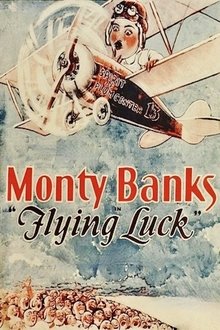Out of the three-part burlesque, the only surviving one is the one called Pufi would buy a pair of shoes, with Hungarian inserts. The film is shot on a real-life location, in a Budapest shoe shop, and it portrays the mutual efforts of a puny sales assistant and Pufi, the bladder-of-lard customer, to find him a suitable pair of shoes. The content of the other two parts is not known.
Related Movies
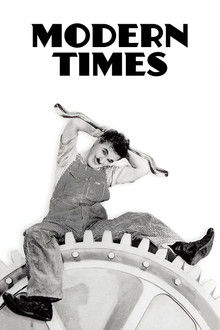
Modern Times (1936)
A bumbling tramp desires to build a home with a young woman, yet is thwarted time and time again by his lack of experience and habit of being in the wrong place at the wrong time..
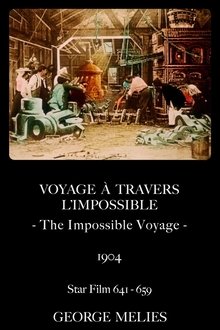
The Impossible Voyage (1904)
Using every known means of transportation, several savants from the Geographic Society undertake a journey through the Alps to the Sun which finishes under the sea.
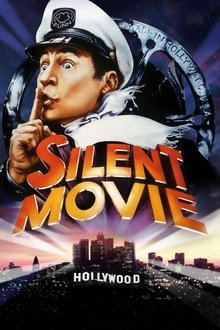
Silent Movie (1976)
Aspiring filmmakers Mel Funn, Marty Eggs and Dom Bell go to a financially troubled studio with an idea for a silent movie. In an effort to make the movie more marketable, they attempt to recruit a number of big name stars to appear, while the studio's creditors attempt to thwart them.

Look Pleasant, Please (1918)
A photo studio operator seems only interested in flirting with women. Hilarity ensues.

The Golem and the Dancing Girl (1917)
As a practical joke, an actor impersonates the screen monster he made famous. A lost film.
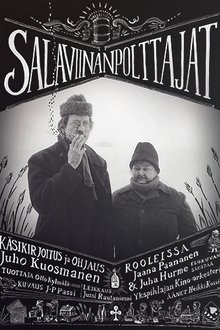
Moonshiners (2017)
Re-imagined version of the now lost first Finnish film. Two siblings inherit all the essentials for a good life: moonshine equipment and a pig. As they embark on their journey, business is good until a card shark arrives.
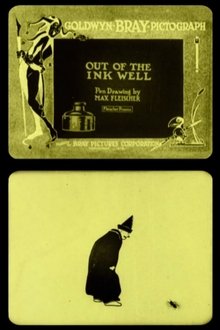
Out of the Inkwell (1919)
Max Fleischer draws the upper and lower halves of the Clown's body, which dance around separately before coming together. Max interacts with his creation before ultimately washing the Clown off the page with water.
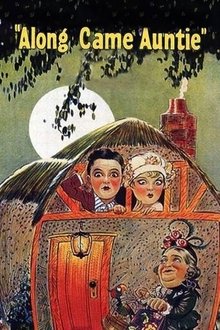
Along Came Auntie (1926)
A divorced couple try to pretend they are still happily married in order to get $100,000 from the woman's divorce-disapproving aunt.
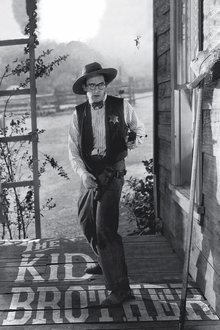
The Kid Brother (1927)
The timid youngest son of the most important family in town must use his wits to win the respect of his strong father and the love of a beautiful new woman in town.
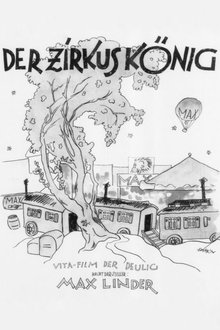
King of the Circus (1924)
Max suffers from drunkenness, but gets serious after he falls for the daughter of a circus director - who forbids her romance with an outsider.
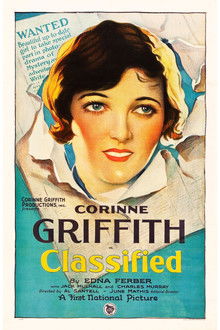
Classified (1925)
Babs Comet is employed by the classified ad department of the daily paper and uses her looks and position to get a husband.

Gestures (2017)
Anna works at a bookstore. Lucas is suddenly very interested in books. A romantic comedy in which Chaplin meets the Nouvelle Vague.

Charley My Boy! (1926)
A daughter's rich father wants to marry her off to a rich but older man. The daughter has other ideas however and sets out to find a nice young man she can fall in love with.

Long Pants (1926)
Glenn's first attempt at wearing long trousers and being a man about town goes swimmingly as he quickly falls for a vivacious young widow who accidentally runs him down. But his father feels she is beyond his abilities and competes for her attention.
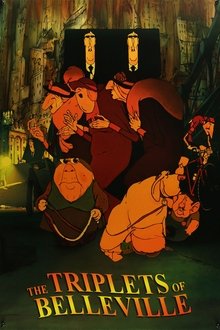
The Triplets of Belleville (2003)
When her grandson is kidnapped during the Tour de France, Madame Souza and her beloved pooch Bruno team up with the Belleville Sisters—an aged song-and-dance team from the days of Fred Astaire—to rescue him.
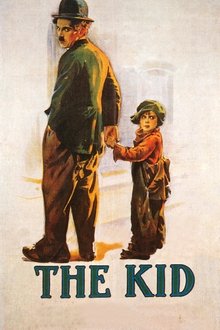
The Kid (1921)
A tramp cares for a boy after he's abandoned as a newborn by his mother. Later the mother has a change of heart and aches to be reunited with her son.

Le mogli e le arance (1917)
Le mogli e le arance is characterized by a wonderful sereneness. It is the kind of quietude which many of us connect immediately with the south. Everything seems to be in its perfect place, and time is just passing. In the setting of a sanatorium a nobleman is practicing idleness and slow-motion mind games. Does it sound boring? Yes, it does. But it is not, the uneventfulness is definitively enthralling. The film director tries to narrate time, time itself, as such, for its own sake: a rare experiment.

The Wooing and Wedding of a Coon (1907)
The opening shows a colored nursemaid in the park with baby carriage, and seated on a bench receives the attention of several smart colored men who admire her greatly and endeavor to make her acquaintance. But the dusky belle is coy and declines to make the acquaintance of any of them, until one more fortunate than the rest is invited to a seat on the bench with her, and a most pronounced flirtation takes place between the lady and her beau. (Selig catalog)
